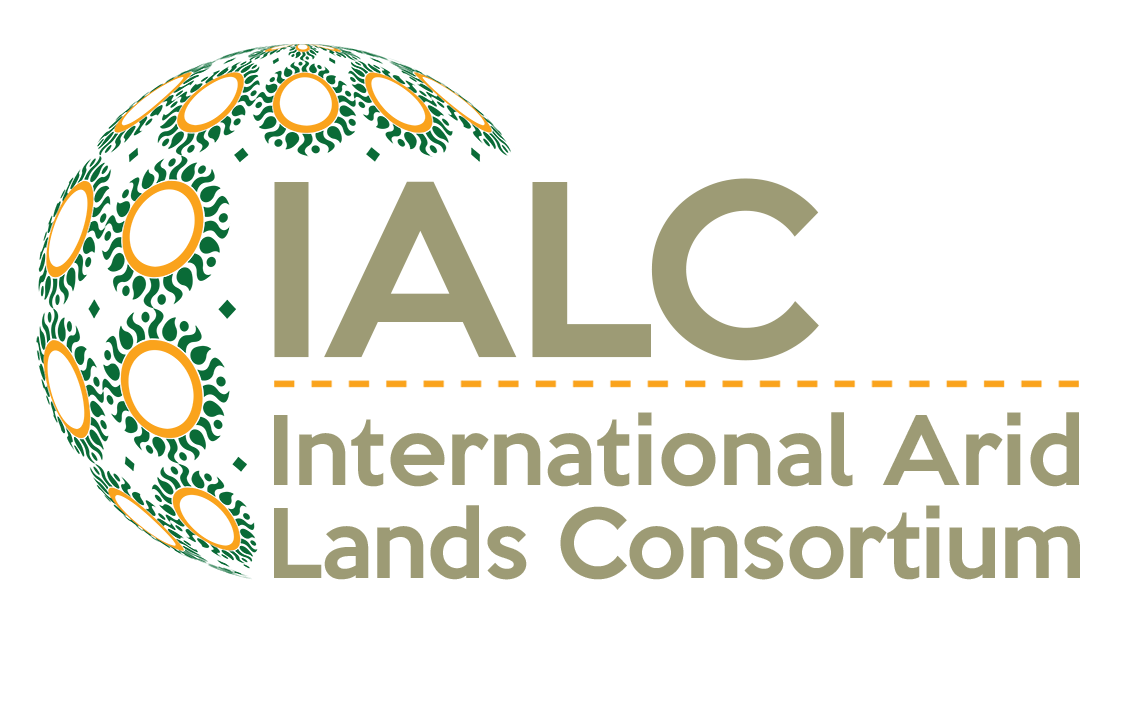Ethnopedological Surveys: An Example From the Senegal River Valley
J.A. Tabor, Office of Arid Lands Studies, University of Arizona, Tucson AZ
Abstract
Soil surveys that employ an ethnographic approach are more likely to include indigenous knowledge and local perspectives about the management and value of soil resources. This approach guides conventional methods of soil classification and mapping by identifying the location and size of land management units that are inherently economic and culturally sensitive. Large discrepancies in perceived value of land classified by local and scientific perspectives can identify locations of potential opportunities or conflicts in natural resource development activities. Geographic information systems and scientific classification systems are powerful tools in organizing the spatial, temporal, and cultural variability of local systems of land classification into regionally useful information. This paper uses 1:20,000 scale mapping and classification of the Senegal River Valley in West Africa as an applied example of the value and limitation of ethnopedology.

